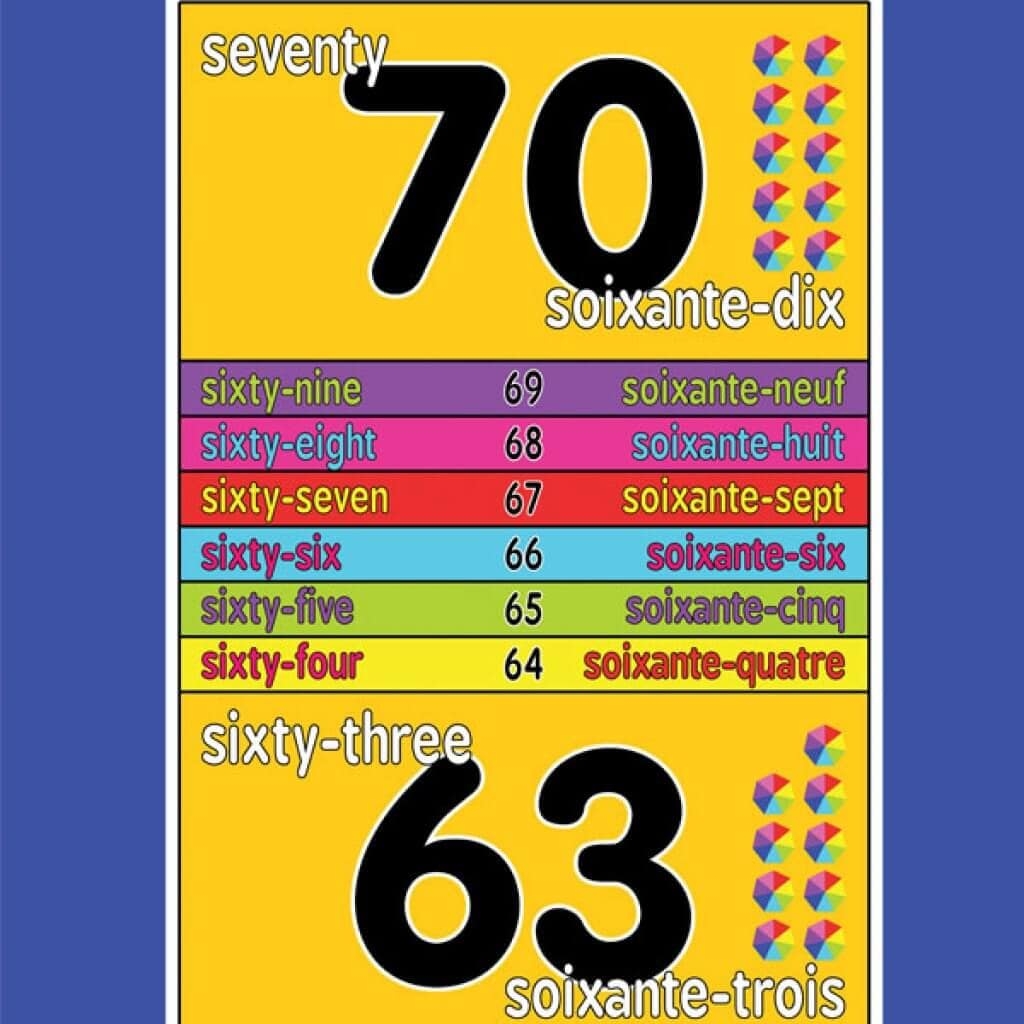Skip counting is a mathematical technique used to count numbers by skipping a constant value each time. It helps in understanding number patterns and is a fundamental skill in arithmetic. One of the most common skip counting methods is by 7. When you skip count by 7, you add 7 to the previous number each time to get the next number in the sequence.
Learning to skip count by 7 is not only a fun and engaging way to practice multiplication but also helps in developing number sense and mental math skills. It is a useful technique that can be applied in various mathematical problems and calculations.
Skip Counting by 7
When you skip count by 7, you start with a number and then add 7 to it to get the next number in the sequence. For example, if you start with 0 and skip count by 7, the sequence would be 0, 7, 14, 21, 28, and so on. Similarly, if you start with 5, the sequence would be 5, 12, 19, 26, 33, and so forth.
Skip counting by 7 is particularly useful when dealing with larger numbers or when you need to quickly calculate multiples of 7. It can also help in understanding the concept of division by 7 and finding factors of numbers. By practicing skip counting by 7 regularly, you can improve your mental math skills and become more proficient in arithmetic.
One of the advantages of skip counting by 7 is that it can make multiplication and division easier and faster. For example, if you need to multiply 7 by 8, you can skip count by 7 eight times to get the answer (7, 14, 21, 28, 35, 42, 49, 56). Similarly, if you need to divide 63 by 7, you can skip count by 7 until you reach 63 to find the quotient (7, 14, 21, 28, 35, 42, 49, 56, 63).
In conclusion, skip counting by 7 is a valuable skill that can improve your mathematical abilities and make calculations easier. Whether you are a student learning multiplication or an adult looking to sharpen your mental math skills, practicing skip counting by 7 can be a beneficial exercise. So, next time you want to challenge yourself mathematically, try skip counting by 7 and see how it can enhance your number sense and arithmetic proficiency.
